20 questions with Stefan Hyttfors (Exclusive Steemit Interview)
"Industries are changing: old corporations are dying and new ones are born at a greater speed than ever before. Is it good or bad? Not the point. It is a fact not an opinion."
Stefan Hyttfors understands change is inevitable. The 2014 Swedish Speaker of the Year is an author on future trends, disruptive technologies and innovative leadership. He is passionate about helping others embrace change, rather than fight it.
But which industries are next in line to experience significant change? How does Stefan think cryptocurrencies will affect the future? And how will the line between humans and machines blur 25 years from now?
Prepare for a glimpse of the future in today's exclusive 20 questions interview with Stefan Hyttfors.
20 questions with Stefan Hyttfors
1 - How would you describe yourself in one sentence?
Stefan - I'm having a human experience.
2 - Why do you think individuals and businesses are often reluctant to embrace change?
Stefan - Because we believe in the illusion of permanence (although everything is in constant change).
3 - You've spoken about how, in recent years, humans have been experiencing a rapid increase of change in a short amount of time. How do you see life being different five years from now if this exponential change continues?
Stefan - It is often said that history can teach us about the future, but history only teaches us what doesn’t work. History teaches us death. To quote Stephen Hawking: "We spend a great deal of time studying history, which, let’s face it, is mostly the history of stupidity."
Change is not the problem, stress is. Going back to question 2, more people will suffer from mental disorder as a result of stress. In five years a growing number of people will understand and embrace the necessary shift from everything in the outside world to focus on their inside world.
4 - What is the "Risk Of Ignorance" and why is it dangerous?
Stefan - Risk Of Ignorance is the gap between ”best practice" and new practice. If you believe in increased speed of change you must also believe that experience, knowledge and expertise can be the problem. The more you know about solving a problem, the less you will embrace new solutions.
5 - What would you say to those who suggest technological changes are ruining social interaction?
Stefan - I would say that they are right just the same way urbanization might be bad for social interaction.
No doubt, information technology and social media can be a huge distraction and FOMO (fear of missing out) is a growing problem. But in the long run I believe we will mature, the digital detox is on the rise. People will learn to disconnect to reconnect.
6 - Research shows the average human attention span is currently lower than the attention span of a goldfish. Do you see the human attention span continuing to shorten as technology advances?
Stefan - Yes, we have more choice than ever before, but with that distraction we have lost the ability to really pay attention to whatever we choose. But I have noticed a trend among friends who are taking Facebook breaks the same way we used to take a break from drinking alcohol. Again, the trend toward increased awareness is inevitable.
7 - How has your background in the newspaper industry shaped the way you view disruptive technology and dying industries?
Stefan - As a journalist I have a critical mindset. I focus on statistics rather than emotions and buzzwords to approach trends. This last decade 70 per cent of Fortune1000 companies dropped out from the list, and the number of "unicorn companies" (private companies valued at $1Billion or more) is currently 221. Industries are changing: old corporations are dying and new ones are born at a greater speed than ever before. Is it good or bad? Not the point. It is a fact not an opinion. That's how the journalist views disruption.
8 - What company (or industry) do you currently see as being most at-risk of becoming the next Blockbuster or Kodak?
Stefan - Blockbuster and Kodak were–just like newspapers–in the media industry. Media was first to be disrupted because it is very easy to digitalize media and consumers loved it from day one. Online news, streaming movies and digital photography are instant and much cheaper so more people can afford it. Next up was retail. The e-commerce disruption started 15 years ago and now old leaders like Nordstrom, JC Penny, Sears, Dillard, Kohls are losing the game to Amazon. The coming 15 years the same thing will happen to energy, transportation, education, banking… Disruption comes from inefficiency and anyone who makes money as an intermediary will have to go.
9 - Why is it that you feel small organizations are the future?
Stefan - Not necessarily small, but fast. Big often means slow. Ask anyone who is in a big organization will tell you about constant re-organization.
10 - How do you see Bitcoin and other cryptocurrencies affecting livelihood in the future?
Stefan - Decentralized trust networks will give us (globally) the freedom to trust and thereby trade without the need for a middleman or authority and without having to care about borders. Bitcoin is the internet of money and we are in the beginning of the beginning.
11 - Do you believe there's anything that humans will be able to do better than machines 10 years from now?
Stefan - The most important answer is that this is a relevant question.
In 10 years digitalization and augmented reality will have changed the world so ”reality” is something different from today. In 25 years, I don’t think we will be able to tell the difference between human beings and machines. Just think of it as if your smartphone was inside of you today. You have access to all the world's information, you understand all the world's languages, you have a live map in you head…What are you then, man or machine? So maybe the question is not man vs. machine, but rather, how do we define human being and why is that important?
12 - How do you see sharing increasing in future years?
Stefan - Our success (as a species) is based on collaboration and sharing. Decentralized systems (like free market capitalism) have proven superior to centralized ones.
But now that we have 7.5 billion people on this one planet not sharing resources in a sustainable way, the system will have to evolve. Many of today's problems like climate change, cyber-security, artificial intelligence, genomics etc. can only be solved by global collaboration. So we have to move on from national to global systems for sharing, and the internet. A decentralized sharing system is the foundation.
So we have the technology to create more human well-being within the planetary means. But we also have the trend of growing populism, protectionism and nationalism costing crucial time.
Technology beats politics, so in the end I believe global sharing is inevitable.
13 - Who inspires you?
Stefan - Nature
14 - What scares you?
Stefan - Fear
15 - What is your favorite quote?
Stefan - "I'm starting with the man in the mirror." - Michael Jackson
16 - What is your biggest pet peeve?
Stefan - I’m loud.
17 - Where do you see yourself 10 years from now?
Stefan - I’m not a big fan of plans. Plans can only do two things. Either they become stories we tell ourselves about how we controlled the events and outcomes of our lives–that kind of plan can help us look cooler, smarter or grittier than we really are–or they can severely constrict us. Sticking to them doesn’t help because we can’t predict the future. I believe in being open and curious: having a map and a compass, but no fixed route. I have no idea of where I will be in ten years and to me that is the point of life.
18 - You get to have dinner with three people, living or dead. Who are you eating with?
Stefan - Madonna, Siddhartha Gautama and Elon Musk
19 - I understand you've had a love for photography from a young age. What photo are you proudest of as a photographer?
Stefan - It's a picture from the Kosovo war. Albanian refugees in the spring of 1999. I call it ”Our daily bread."
20 - What is one thing very few people know about you?
Stefan - I don’t know.
That's life.
Hunting for the unknown.
My thanks goes out to Stefan for taking time to participate in this edition of "20 questions."
As always, thanks to all of you for taking the time to read.
Who would you like to see me throw 20 questions at? Drop me a comment below and I'll work on setting up the interview.
If you like what you read, be sure to follow my blog!
Previous "20 questions" interviews:
20 questions with @heiditravels
20 questions with @katecloud
20 questions with @manthostsakirid
20 questions with @blockchaingirl
20 questions with @piedpiper
20 questions with @stellabelle
20 questions with @budgetbucketlist
20 questions with @rogerkver
20 questions with @allasyummyfood
20 questions with @the-alien
20 questions with Janina Storace
20 questions with @mrs.steemit
20 questions with @andrarchy
20 questions with Scott Young
20 questions with Jesse Heiman
20 questions with @dragosroua
20 questions with Chelsea Dinsmore
20 questions with @sirwinchester
20 questions with Ludvig Sunström
20 questions with Kyle Eschenroeder
20 questions with @roelandp
20 questions with Tim Brownson
20 questions with Sean Ogle
20 questions with Henri Junttila
20 questions with Hal Johnson
20 questions with Farnoosh Brock
20 questions with Manny Kess
20 questions with John Goehrke
20 questions with Sunny Lenarduzzi
20 questions with The Cranky Flier - Brett Snyder
20 questions with Shawn Murphy
20 questions with Leo Babauta
20 questions with Jacob Staudenmaier
20 questions with Steve Scott

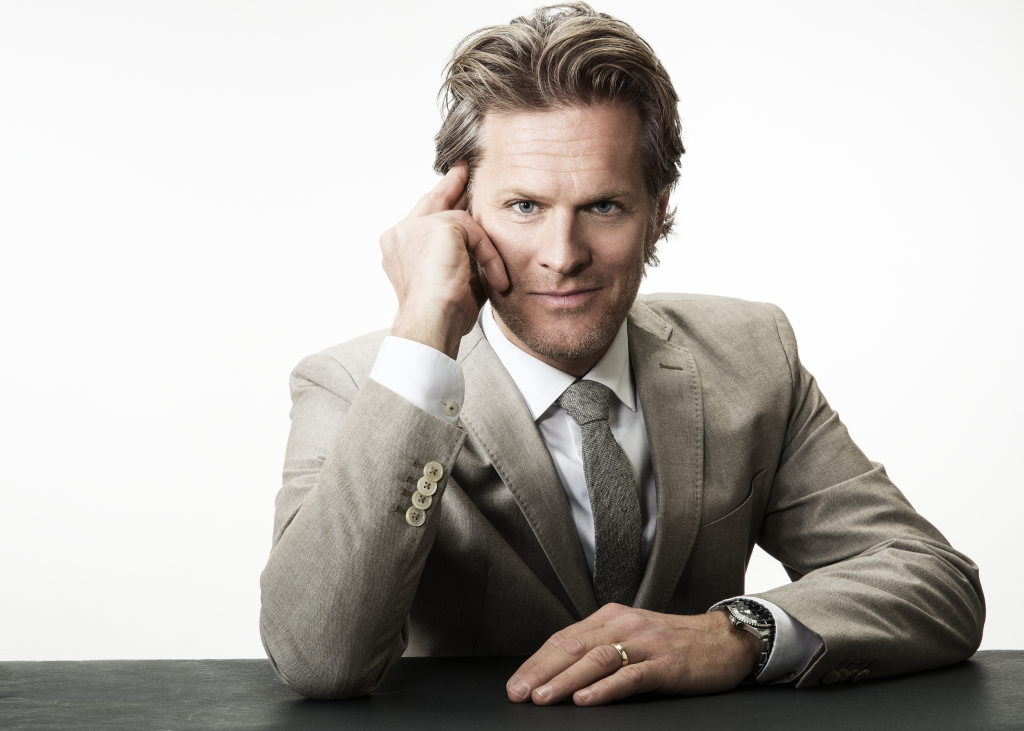

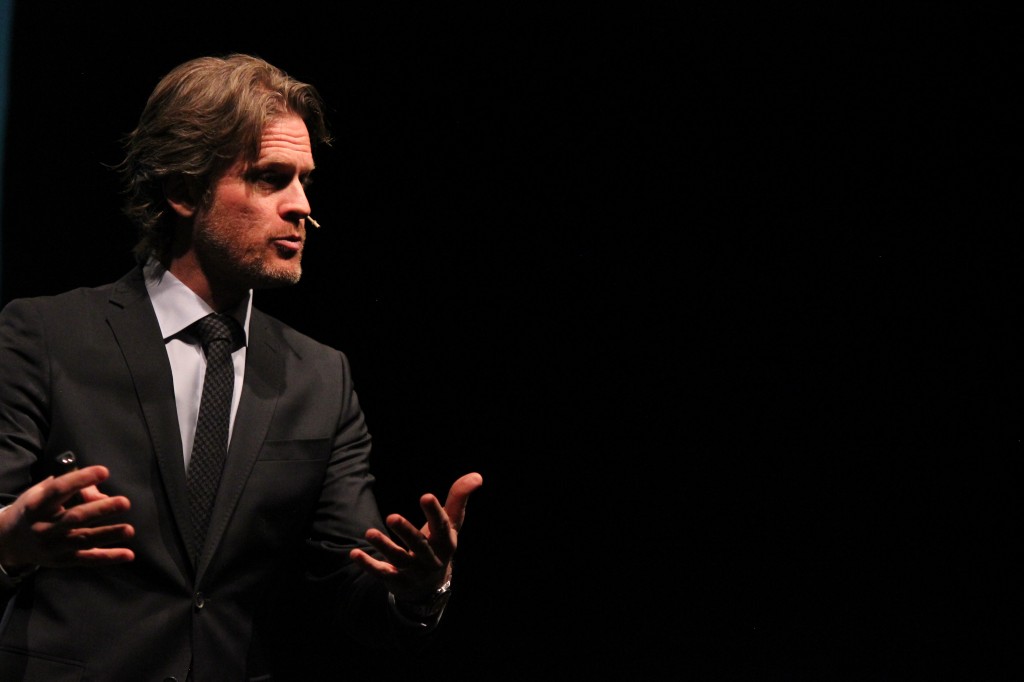
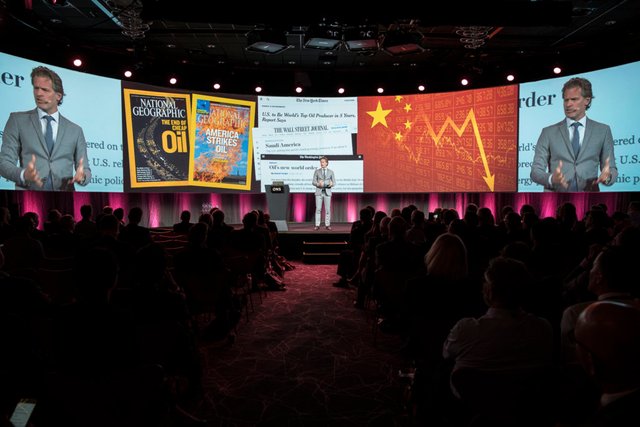
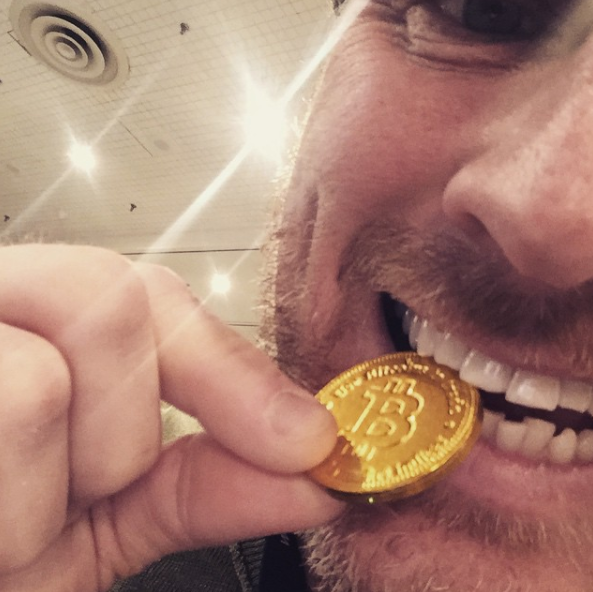
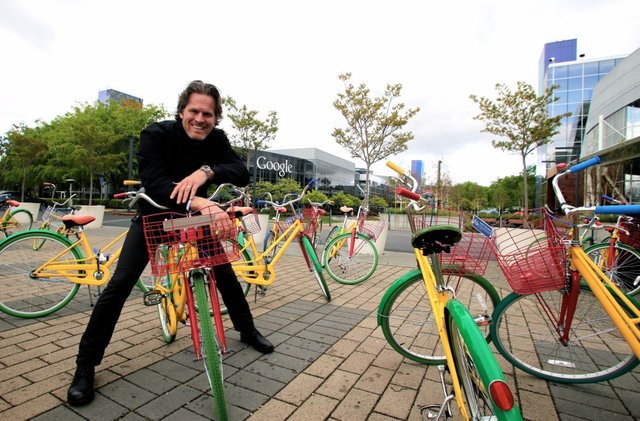
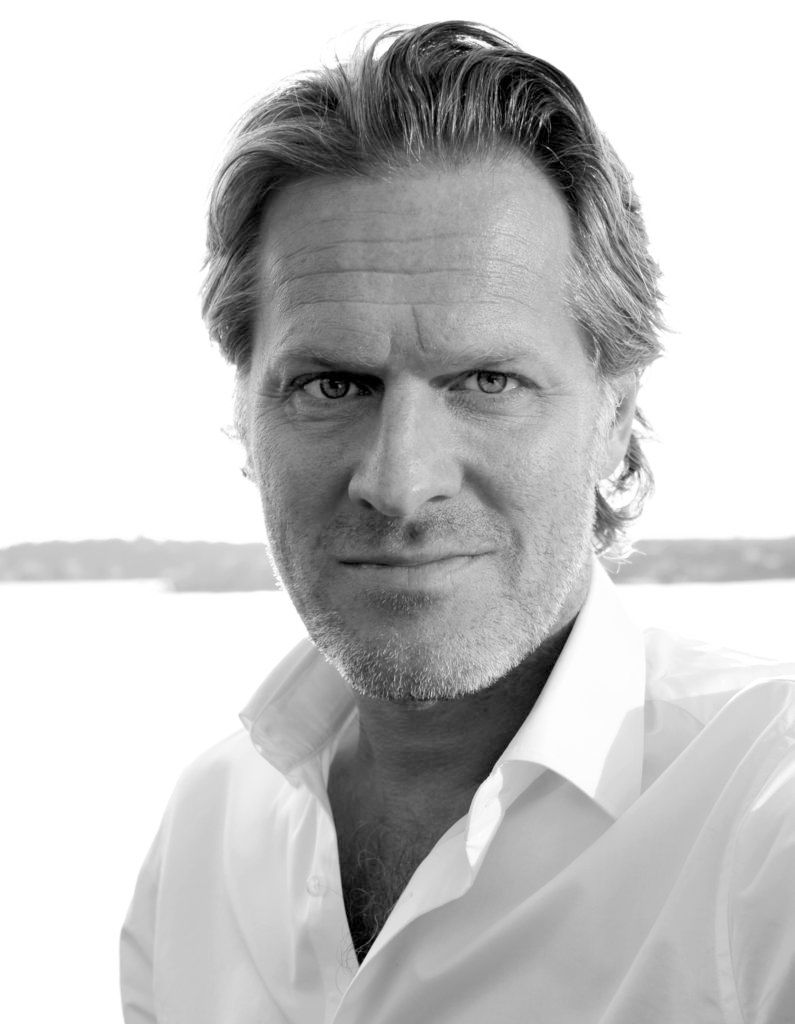

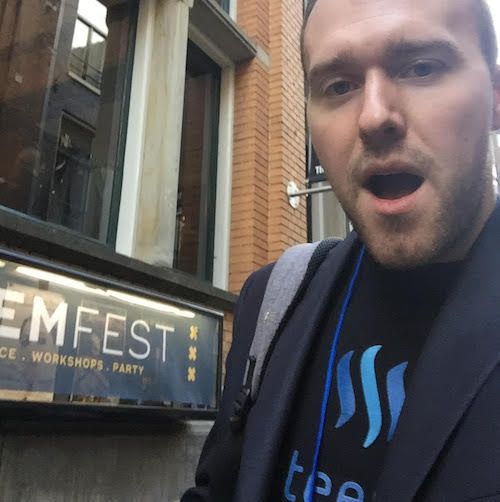
What a great read, Wade! Congratulations.
My attention span is usually shorter than the one of a goldfish, but I haven't missed a word of this excellent conversation. Thank you!
Very interesting point of view!
I'd like to add this one to no. 17 (where do you see yourself in 10 years) since I would have given a similar answer:
"If you want to make God laugh, tell him about your plans." Woody Allen
Again, fantastic interview.
Upvoted and resteemed!
Thanks Marly!
Sorry for my late reply! Busy day. I really appreciate you taking the time to read!
No problem at all, we're all busy sometimes 😉
Have a great day!
Thanks for the interview, and I share a lot of Stefan's philosophies and thoughts about the future. For the past few years I've actually been stressing over the disruptions that are about to come - they just seemed more real and present to me. So I've spent time figuring out ways to be part of the wave and found the blockchain industry particularly interesting as it empowers individuals. Took the necessary steps and that had to include letting go of what I'm used to.
I'd suggest anyone reading this to check out his works. Here are some videos that I've shared before: https://steemit.com/futurology/@kevinwong/the-sharing-economy-and-how-it-will-make-life-better
Would love to see what Stefan thinks about Steem btw :)
You're welcome, @kevinwong - thanks for requesting that I reach out to Stefan!
I agree: change is inevitable, and there is little point fighting it. Instead, those who are willing to adapt and embrace change will likely have the most success.
Cheers for sharing that link.
@wadepaterson Saw some of Your posts before but didn't actually open them up until now...
BIG Kudos for this interview... Thank You !!
Excellent interview and will go back later to read Your other interview posts.
UpVoted & Following... please consider following me. Thanks again
Have a Great Week !!
Thanks for taking the time to read! I'm glad you enjoyed this!
My pleasure... it was an exceptional interview with many insights that will keep me thinking and most likely I'll save this interview so I can back to it...repeatedly.
Thanks again for the interview and I will definitely be going to Your previous interviews !!
Again... Have a Great Week !!
Thanks for the great article and summary, very interesting and will have to wait and see.
You're welcome, @vividrange. I really enjoyed this one!
Interesting
Stefan Hyttfors is amazing. Thanks for this!
You're welcome! Thanks for reading!
I don't know about 10 years from now, but I see this question relevant now too.
That was the most touching line of all, loved it and believe in it.

The way I imagined my future after this line is.....
I liked the "beginning of the beginning" line as well! Puts things in perspective.
Thanks for reading, @looftee
welcome.
)..Good
Fascinating interview. I smiled when I read his favourite quote - my 13 year old daughter has just discovered this track by the great Michael Jackson and has been singing it constantly - I love it! Thanks @wadeparerson
Following you now...
Thanks for the follow :)
Cool thanks for another great interview:)
https://twitter.com/Soul_Eater_43/status/872214848070971393
You're more than welcome, my friend!